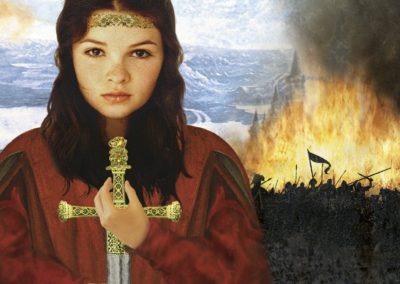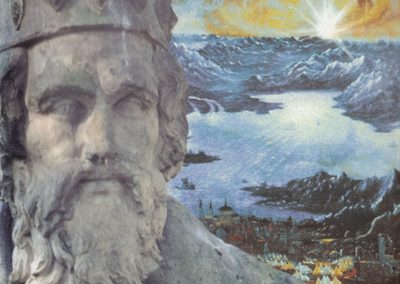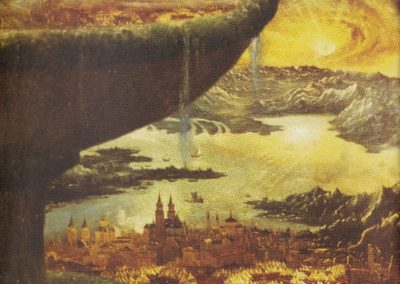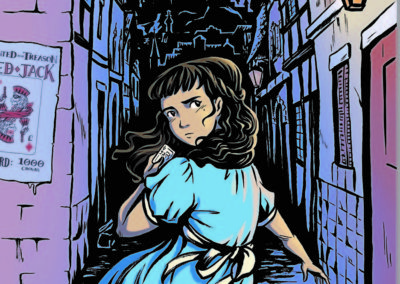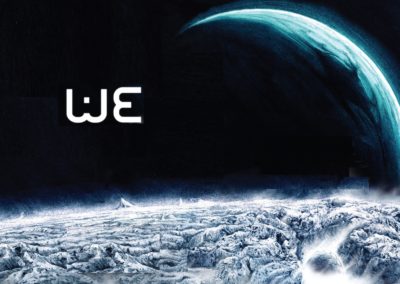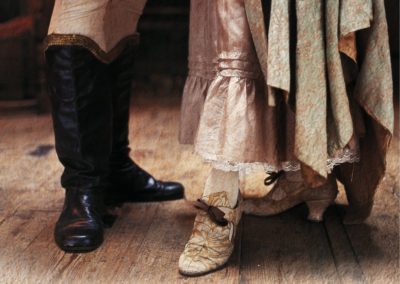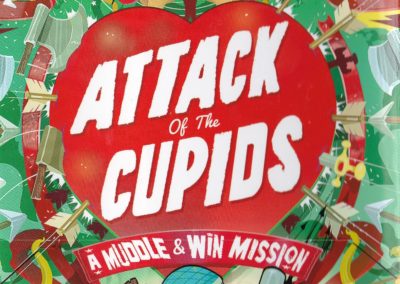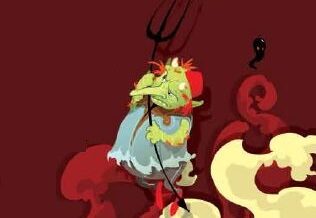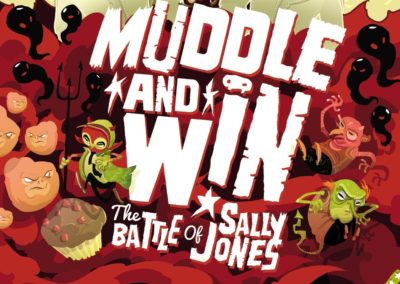About me
…If only to try to explain why I write what I do.
Where do you get your ideas?
Some questions are asked frequently. “Where do you get your ideas?” is one. That’s easy. I get them from anywhere and everywhere – begged, borrowed, stolen or literally dreamed up. “How do I get my book published?” is another. That’s less easy, but part of the answer is to write something that someone in the industry is going to fall in love with. (And if you find a sure-fire way of doing this, maybe you’ll let me know.)
Father and Son
If your father was someone like Peter Dickinson, writer of over fifty books, winner of Carnegie medals etc., you’ll have grown up breathing stories. I did. He talked to us about plots and devices, and taught us the rhythm of words in our family games. (Of course I was not planning to be a writer myself. I was going to get out and do something “real”. Put my stamp on the world, wasn’t I? Hmm…)
I cannot report that we suffered from Amis-style tensions in our relationship. I can report that he demolished my first manuscript, but that was because it needed demolition.
Breakthrough
He took it off my desk one day, read it and told me what he thought of it: a painful but necessary experience. (In fact it was not as painful as when he was teaching me to drive – mainly because it didn’t last so long.) Then, after my mother died, the American writer Robin McKinley came along and married him. She read it too. Her advice was less blunt but no less clear. I started another. And when she had read that, she put me in touch with her agents. Breakthrough.
The perils of writing
I expect he worried about me. I know this because I now worry about anyone who comes to me saying they want to be a writer. I want to fill the air with dire warnings about how elusive success is, and how quickly it passes once you’ve had it. But most are bright enough to know that without me telling them. And they wouldn’t take it from me anyway. I wouldn’t have taken it from him, would I?
Interview
A few more questions and answers.
What inspired you to become an author?
I liked reading, and of course Dad was always banging away at his typewriter at home. At school I wrote short stories that pleased. So I just assumed that I could do it. It was a shock to find that writing novels was a lot harder than it looked.
Which authors have influenced you most?
I loved the CS Forrester novels and, of course, Tolkien. But I also liked TH White (The Once and Future King), Rudyard Kipling, Ingalls Wilder, Goodge (The Little White Horse), Buchan, MR James and Violet Needham. Oh, and Ursula Le Guin, especially her novel The Dispossessed.
Do you base your characters on real people?
No. Sometimes I will borrow a face, or some quality in someone I know, as a starting point. If you are going to say that a character “has steel in them” then it helps to think of someone you know who is pretty steely. But what really determines the character is the role I want them to play.
You mean you build your characters according to the story, not the story around the characters?
Er… Good question!
The honest answer is ‘it depends’. Most supporting characters, probably yes. And that can be dangerous. Characters need their own life. Where does that life come from? It has to come from yourself. You have to be able to imagine yourself acting like that, even if in real life you never would.
You are a Christian. How has this influenced you?
It’s the other way around. The things that prompt me to write about moral confusion, duty and sacrifice also prompt me to be a Christian. What tempts us? What is the Fall like? That’s why my books resonate with these ideas. But I don’t write to persuade. I ask the questions that interest me.

